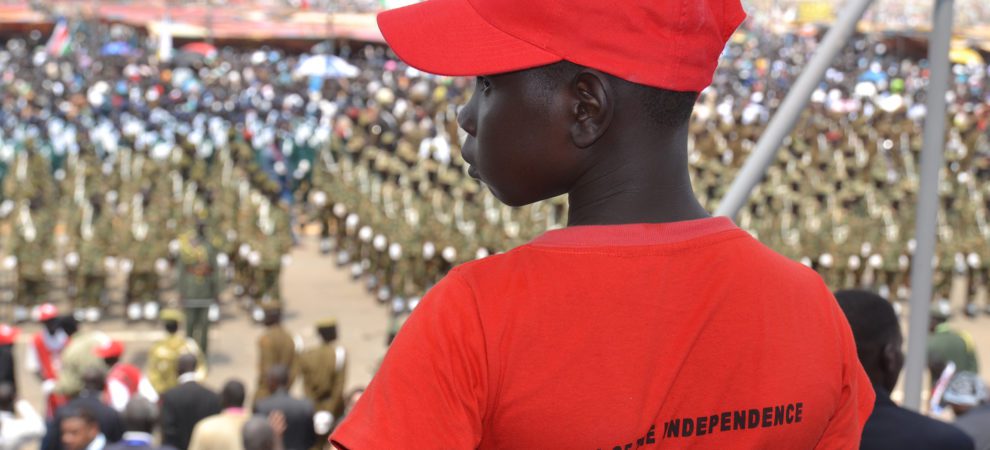
By Joy Portella, President, Minerva Strategies –
I have often counseled clients not to pursue opinion pieces written by two authors. I’m not a big believer in the power of dynamic duos.
Opinion pieces, generally, are tough to get right. Clients agonize over them, and after multiple rounds of review and numerous layers of approvals, you often wind up with a piece that lacks bite and won’t get accepted by a top-tier media outlet. Now multiply that process by two authors who have disparate agendas and antithetical writing styles.
See the problem?
I thought that was the problem, until this week when I realized that a jointly authored opinion piece can stir up an international incident. On Tuesday, The New York Times ran an oped co-authored by South Sudan’s President Salva Kiir and Vice President Riek Machar. The piece argued for a national “truth and reconciliation” commission – instead of an international tribunal – to investigate crimes committed during the country’s recent two-year civil war. It was, for two political rivals, a rare unified stance.
Except it wasn’t. Because Machar never signed onto the piece.
You can read the full story in this great Washington Post account of The Times’ missteps – which I’m sure The Post gleefully penned. The upshot is that a third party pitched the opinion piece on behalf of both Kiir and Machar, but Machar’s representatives claim that he never signed on, and in fact does not agree with the piece’s substance.
There are two takeaways as I see it:
1. Media outlets need to get serious about verifying who’s authoring an opinion piece. I’m sure it must make opinion editors salivate to have an olive branch piece written by two prominent African leaders dangled in front of them, but that doesn’t mean that outlets can skimp on their verification processes.
2. The story of South Sudan continues to sadden me daily. Beyond the journalistic intrigue of a he-said-she-said situation is the hell that the people of South Sudan have lived through for decades: A protracted civil war that killed millions and eventually ended in independence from Sudan in 2011, followed another civil war that has killed and displaced hundreds of thousands more. A fragile peace agreement and nascent Kiir-Machar unity government are all that hold the country together.
Now the two are squabbling in the international media spotlight. How are the people of South Sudan supposed to take peace seriously? And what leaders can they trust to move their country forward?